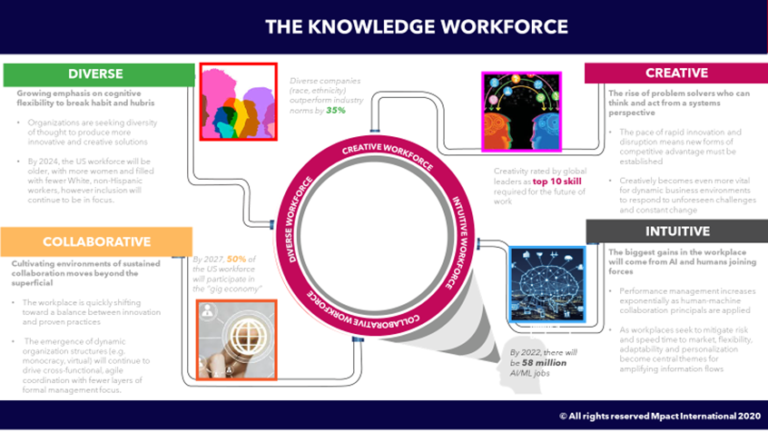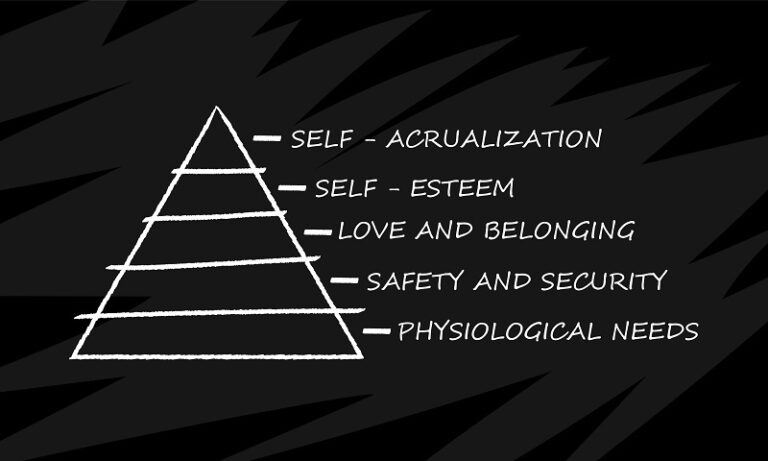Getting Beyond Conflict
Conflict is a part of life.
I like to put that statement out there and let if float by itself for a bit. I do this so you can take a moment to reflect on how a statement like this makes you feel. Anxious? Excited? Ready to get in a ring?
I like to think of conflict as a means of debating and testing new ideas. But I am also keenly aware that, for many, conflict holds a special superpower that many of us would prefer to avoid. While we can’t control conflict from occurring (and I would offer we shouldn’t try to stop it), each of us can control how we react.
For those of us who don’t like conflict, I’m sure the prospect of controlling reaction is about as exciting as the prospect of getting a tooth pulled. However, there are ways to ensure you are prepared as best you can be. The following 3 tips are starters:
- Understand your own conflict style. We all have an instinctual way we interact and conflict is no different. Once you can understand how you react when someone challenges or disagrees with you, you can learn strategies to adjust.
- Open the discussion. Often when conflict emerges, we are quick to shut down both emotionally and mentally. When our brains shut down to new information, we dig our heals in and it makes it tough to get beyond a conflict. Instead of shutting down or digging in, try finding what is common (what you agree on) and make it clear your intention is to push the best ideas – not each other’s buttons.
- Mindset of resolution and relationship preservation. When conflict occurs, it can be easy to blame people when the real issue is a difference in ideas. Recognizing that there are multiple ways to get what you need allows you to leave room to learn, adapt and listen for common ground. Seek creative ways to resolve and find moments to learn through the process.
Want to know more about your interaction style? Take our assessment and learn.






